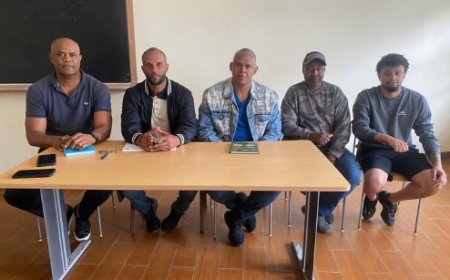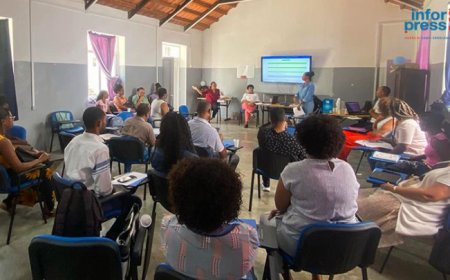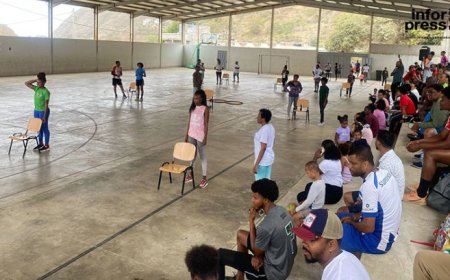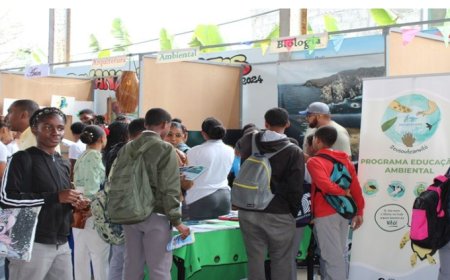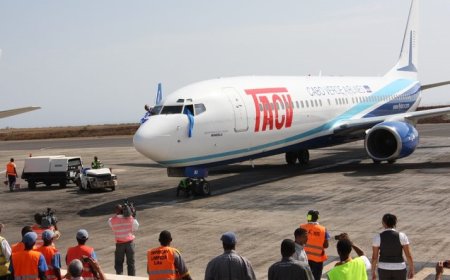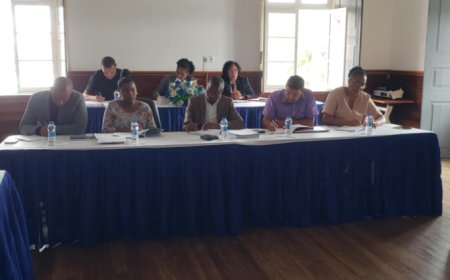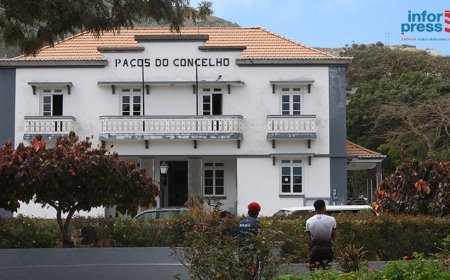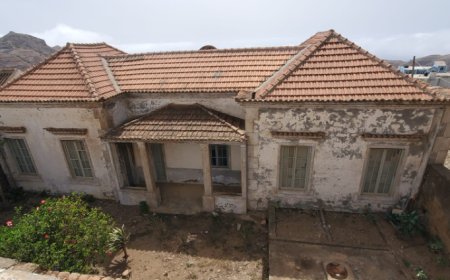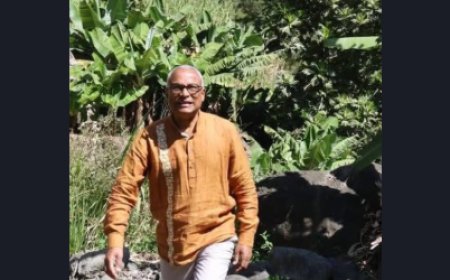The saga of Brava emigrants in the USA: The odyssey of returning to Brava Island
Brava Island, the smallest of the Cape Verde archipelagos, is a piece of land that holds within it the essence of its people and the longing of those who left in search of new opportunities. For many Brava emigrants, the desire to return to their homeland is a flame that never goes out. However, the reality of visiting Brava is a true odyssey that involves multiple challenges and an exhausting journey that begins long before setting foot on the island.
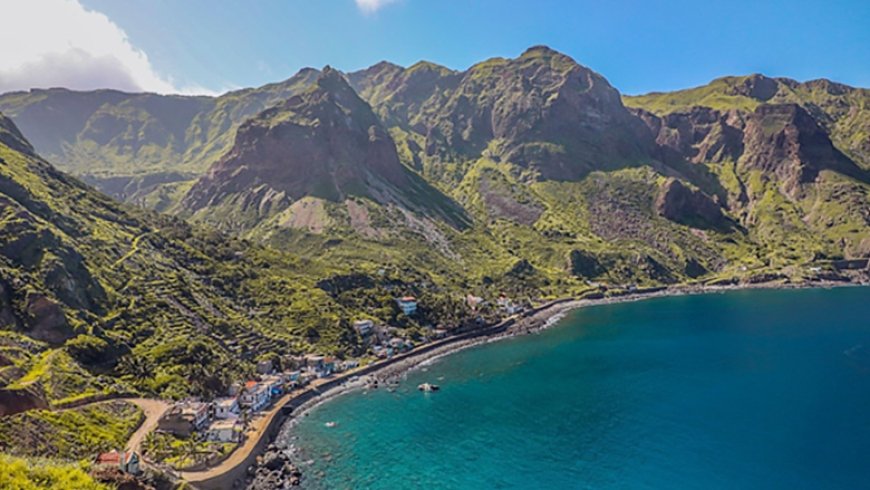
For Brava emigrants, the journey to the island begins with an arduous crossing. The journey begins with an international flight departing from Boston in the United States of America, but most travelers are forced to stopover in cities such as Ponta Delgada or Lisbon. From these cities onwards, the saga is only just beginning.
Travelers often face a tiring and often troublesome itinerary. After arriving in Lisbon or Ponta Delgada, the next step is a flight to Praia, the capital of Cape Verde. From there, the journey continues with a flight to São Filipe on Fogo Island and finally a final boat ride to Brava Island. The effort doesn’t end there, as many have to deal with connections, with imprecise schedules and unreliable connections.
The journey to Brava is exhausting. The long hours of waiting, the multiple flights and the unplanned stopovers contribute to an accumulated fatigue that weighs on the shoulders of the emigrants. The desire to reunite with their homeland and loved ones is what keeps hope alive, but the reality of such a complex journey often means that the joy of the reunion is overshadowed by the wear and tear of the journey.
After finally arriving in Brava, the feeling of victory is momentary. The island, with its scenic beauty and stunning landscapes, offers a relief from accumulated stress. However, the stay on Brava is often brief. Emigrants are subject to limited time to spend with family and friends, which can create a sense of frustration given the complexity and cost of the journey.
Returning to everyday life can be even more challenging. The experience of returning home involves facing uncertainties and unexpected events. Flight cancellations and delays are common, and frustration with the lack of coordination between the different stages of the trip is a recurring problem. These obstacles not only affect the emotional state of travelers, but can also result in more serious consequences, such as lost work days and significant financial impact.
Emigrants often find themselves struggling to balance the demands of work with the need to be available for flights. The fear of losing their jobs and the money spent on flights and accommodation often outweighs the joy of returning to the island. It’s a tiring cycle that can discourage many from making the trip back.
Despite promises of improvements made by politicians and local authorities, the reality of Brava’s emigrants does not seem to have matched these statements. Many politicians claim that conditions have improved and that access to Brava Island is easier. However, when emigrants spend more than 40 hours between their departure from the US and their arrival on the island — and that is if nothing happens along the way — it becomes clear that the reality is far from ideal.
Excessive travel time, complex connections and the lack of efficient infrastructure are tangible evidence of the difficulties faced. For migrants, these promises of improvements often sound like distant echoes, as their experience on the ground continues to be marked by a series of setbacks and frustrations. The discrepancy between what is announced and what is experienced is a constant source of disappointment and disenchantment.
The saga of Brava’s emigrants is not just a matter of logistics, but also a reflection of the difficulties faced by many who live far from home. The complexity and cost of the journey reveal the barriers that exist between the emigrants and their homeland. Despite the challenges, the strength and determination of the Brava people to return to their island shows the importance of connecting with their homeland and keeping the flame of cultural identity alive.
The story of Brava’s emigrants is a testament to human resilience and a love for one’s roots. Although the journey may be tiring and full of obstacles, the determination to return home is a testament to the deep bond that unites the children of Brava to their native island. In each journey, despite the difficulties, lies the hope that one day, connections will be simpler and challenges more easily overcome, allowing all Brava residents to enjoy the beauty and peace of their homeland more easily.
MS
August 17, 2024






